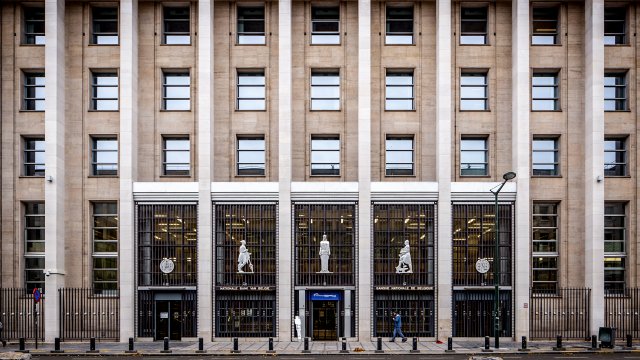Belgium’s National Bank (BNB) has reported a significant increase in the country’s budget deficit in 2023.
The public deficit rose to 4.4% of the GDP last year, driven by increased public spending due to various political measures, ageing costs and a rise in interest rate costs on the government’s existing debts.
The final budget deficit balance of Belgian public administration was 4.4% of GDP in 2023, compared to the previous year’s 3.6%, despite being less impacted by unexpected temporary factors such as the coronavirus pandemic, the energy crisis and the war in Ukraine, the BNB reports.
The worsening budget deficit, which follows two years of funding balance improvement, is attributed to a significant surge in public spending.
The deficit is largely due to increased expenditures, affected by political measures such as the further increase in minimum salaries, rising ageing costs and increased interest charges. The automatic indexing of social benefits and public sector wages additionally increased the public spending ratio in 2023.
Public expenditure grew by €20.8 billion, which raised its ratio to 52.6% of GDP, marking a 0.9% GDP increase from 2022. Interest liabilities, after years of decline, have risen for the first time, by 0.4% of GDP.
Revenue grew by €17.8 billion, bringing the ratio to 50.1% of GDP (+0.4% of the GDP), due to stronger social contributions (+0.3% of GDP) following wage indexing, and increased received interests (+0.2% of GDP), according to the BNB.
Spurred by the budget deficit, the debt rate has risen to 105.2% of GDP, an increase of 0.9% from 2022.
“Given the continued growth of GDP in nominal terms, the change in the debt ratio in 2023 is entirely attributable to the budget deficit,” the BNB notes.

